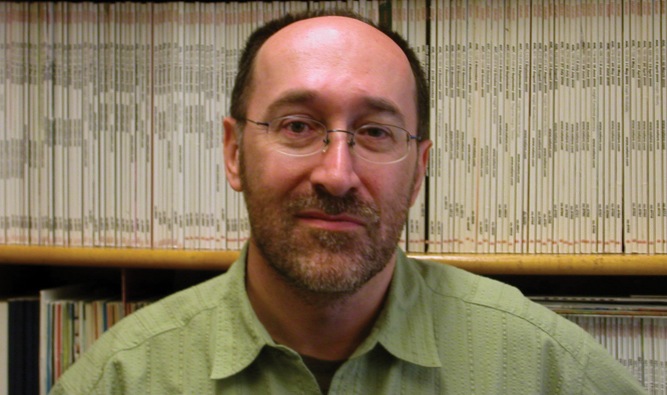
Charlotte Bailey
The Fulcrum (University of Ottawa)
OTTAWA (CUP) ”“ A dismissed physics professor has filed a formal union grievance against the University of Ottawa, claiming that the administration hired a student to gather information on him through illegitimate means from 2006 to 2008.
“This is an unambiguous violation of academic freedom,” said Denis Rancourt, who expressed that he has recently obtained conclusive proof for his suspicion that the U of O was investigating him in the years leading up to his March 2009 dismissal.
Rancourt, a social activist, blended activism into his teaching methodology and was often at odds with the university. He was dismissed for giving all of his students in a fourth-year class A+ grades.
Rancourt alleges in a public, online report that Maureen Robinson, a former undergraduate student, collected information and practiced “extensive covert surveillance” by taping conversations and events and creating a fake Facebook persona in order to join discussion groups and attend activist student events.
Before filing the grievance, Rancourt explained that he asked the university numerous times to “come clean” and confess that they were illegally investigating him by means of a student employed as an agent of university legal counsel. Under the Ontario Freedom of Information and Protection of Privacy Act, Rancourt asked the U of O to hand over personal emails and documents so he could see what was happening with regard to any investigations.
“They’ve never even acknowledged that I’m asking them to come forward,” said Rancourt. “As a result, I had to wait for conclusive proof” in order to take legal action.
According to Rancourt, the university would not hand over some documents that he felt he was entitled to see under the Freedom of Information Act. Rancourt alleged the school appeared before an arbitrator to defend their withholding of information and subsequently confirmed through their defence that that they were operating an investigation and using an agent of legal counsel to help them investigate labour-law grievances.
The report sent to Rancourt for his rebuttal contained the U of O’s reasons for not submitting the paperwork, which included concerns that it might break client-solicitor privileges, that the documents contain personal information of their legal counsel and that the communications that passed between any legal counsel and the university are considered confidential.
The university declined to comment on the issue, stating that in matters concerning the school and its members, they are bound by confidentiality regulations; however, Robinson offered a short statement in response to Rancourt’s claims.
“There is absolutely no truth to the disgraced professor’s allegations that I was a ”˜spy’,” she wrote in an email, further addressing the allegations as “an attention-seeking affront to my integrity and that of the university.
“These allegations are false, irresponsible, and needlessly intimidating. Due to pending legal proceedings, I shall refrain from making any further statements.”
Rancourt claimed several other Canadian Union of Public Employees members, student groups, and individual students were also under surveillance as part of the ongoing Rancourt investigation, which has led CUPE members to file their own grievance against the university.
“I was shocked,” said Felix Grenier, francophone vice-president of CUPE local 2626 at the U of O. “We have never heard of such actions in labour relations in any university, in any academic institutions in Canada.”
Grenier also stated that while CUPE is not necessarily looking for monetary compensation, they are seeking some sort of response from the university.
“The administration has to realize that what they’ve done is totally unacceptable in our society,” Grenier said. “It’s not as much about having money or any material retribution. It’s not about public apologies.”
Rancourt, however, feels that an apology is in order. He also plans on making this grievance a part of his larger case against the U of O for wrongful dismissal.
“My dismissal case is definitely going to court,” said Rancourt. “In my opinion, if we follow the law, it’s unambiguous that the university will be ordered to hire me back and to pay reparations.”
Leave a Reply